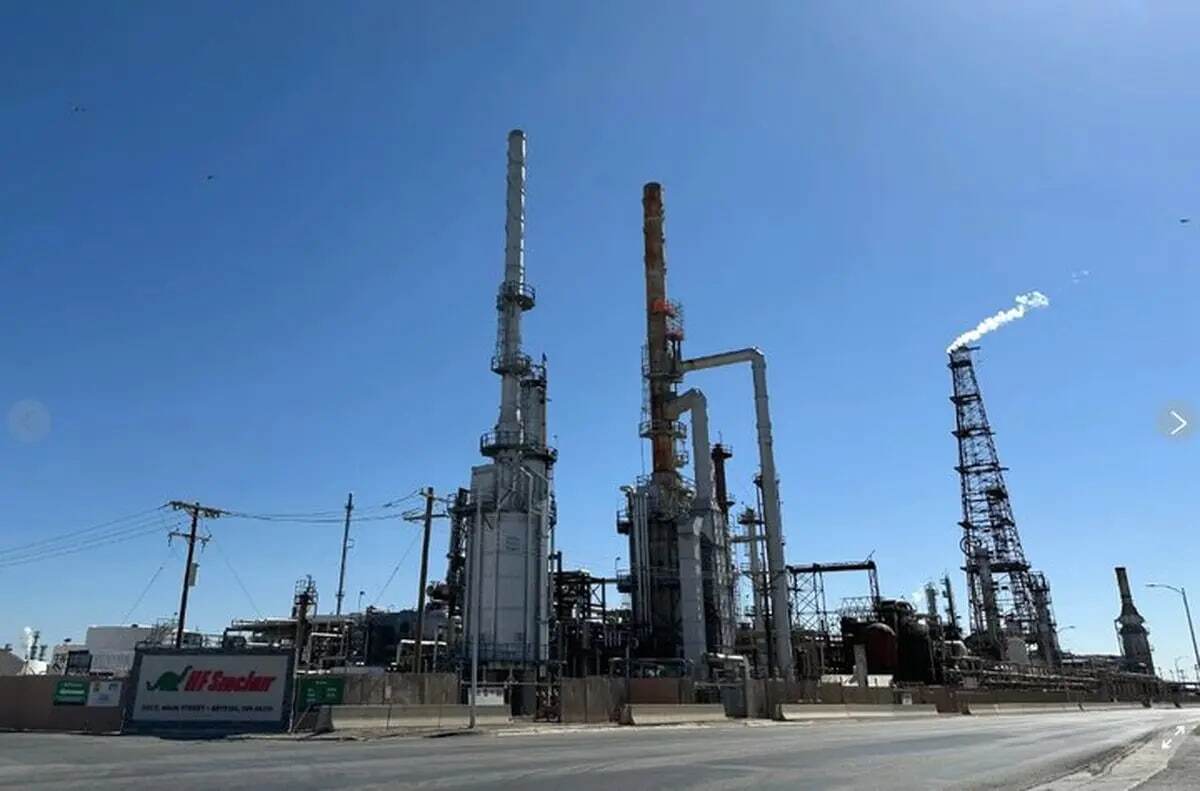
600-Km Pipeline to Replace Roadways for Oil Transport
EghtesadOnline: A pipeline is being laid from Bandar Abbas in Hormozgan Province to Shiraz in Fars Province to boost delivery of petroleum products via pipelines instead of roadways, an official said.
Enayatollah Rahimi, governor of Fars Province, said the 600-km pipeline is expected to be completed by the end of the year. It will transfer 7.5 million liters of oil derivatives a day from southern regions (Khuzestan and Hormozgan) to Fars, IRNA reported.
“Close to 12 million liters of petroleum products including mazut, diesel, gasoline, jet fuel and kerosene are used in the province daily, 40% of which is produced in Shiraz Refinery and the rest is delivered from other parts of the country via 300 fuel tankers traversing long distances.”
Rahimi said “Moving oil derivatives by road doubles the risk of accidents and adds to air pollution.” The cost and risk of road transport is high because tanker trucks are basically used for transportation over short distances.
In terms of energy use, road transport is the least efficient way, he stressed. The approximate cost of moving a barrel of oil by road is five times more than the pipeline, he said.
Safety Measures
Another important variable is the safety factor. Data released by the National Iranian Oil Refining and Distribution Company, show trucking oil has much higher fatalities compared to other methods namely railroads and pipelines.
Road transport for transporting oil and other products remains crucial due to the lack of railroads. But this mode also is the riskiest compared to other supply systems and is at the top in terms of threat to human life, economic cost and the environment.
In related news, IRNA quoted Qasem Arabyar Mohammadi, managing director of the Iranian Oil Pipeline and Telecommunication Company, as saying that the company supplied 100 billion liters of crude and petroleum products nationwide since March 2020.
IOPTC, a subsidiary of the NIORDC, is responsible for transporting crude oil and byproducts. “There was no serious issue regarding our pipelines during this period," he said, adding that the pipelines are monitored 24/7.
The pipeline, which extended by nearly 7,000 km in four decades, now stretches over 14,000 kilometers.
The grid moved 22 billion liters of crude and petroleum products in 1979. Today it hauls 120 billion liters per annum.
The official said the company uses intelligent pigging of pipelines, controls metal corrosion with cathodic protection technique and regularly inspects installations for safety reasons.
IOPTC is also responsible for supplying power plants with diesel in Tehran, Alborz and Gilan provinces when they face gas shortages, which is the primary feedstock.


